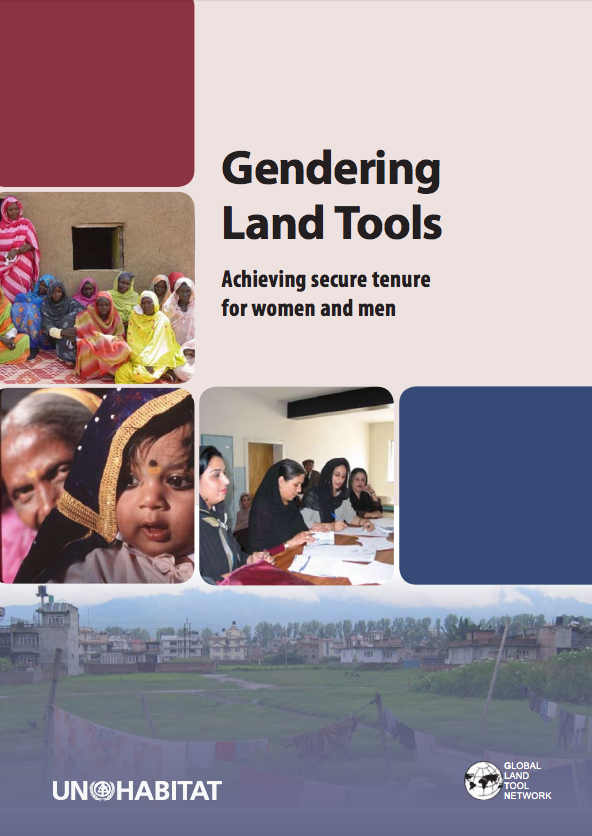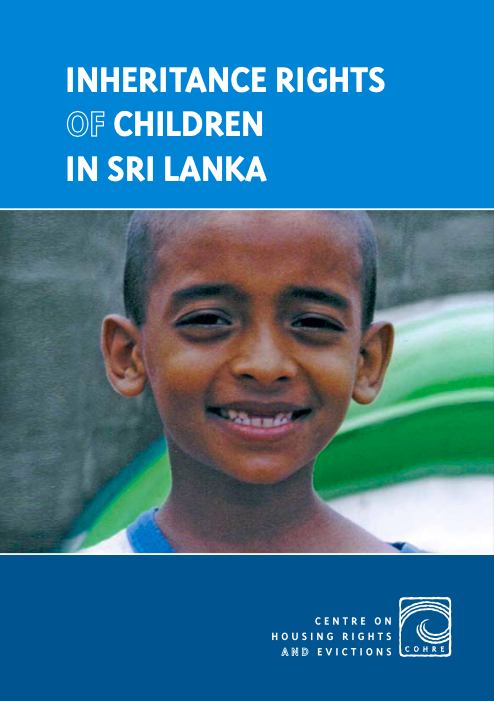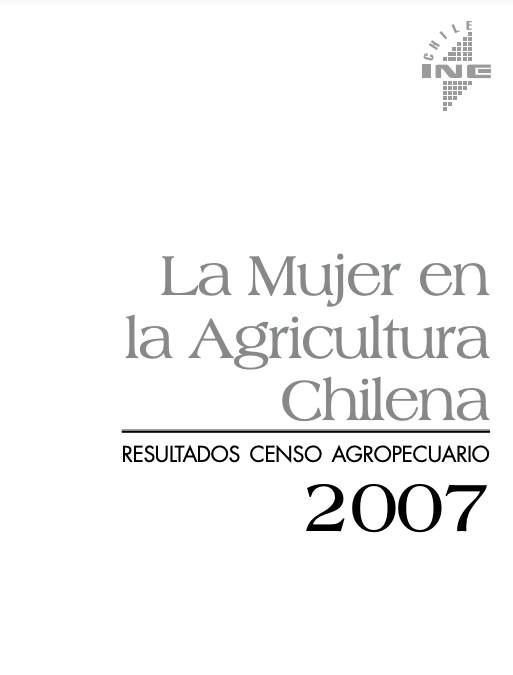The growth-poverty convergence agenda
The need to achieve the Millennium Development Goals (MDGs) has raised the profile of social sector investments in Africa and other developing countries. As a result, many African countries are pressured to emphasize short-term concerns related to the symptoms of poverty at the expense of the longer-term needs to raise productivity and incomes, and thereby tackle the real roots of poverty.







